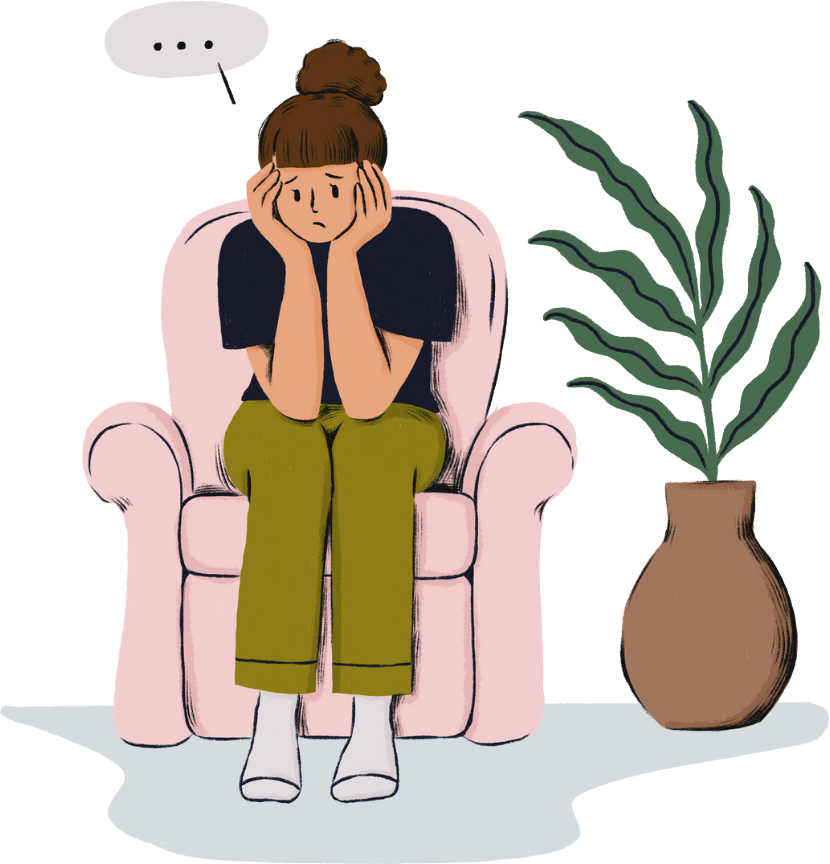Opioid Use Disorder Research Study
Researchers at Brigham and Women’s Hospital are studying a new approach to starting treatment for opioid use disorder.

Fast Facts

Actively Using Fentanyl Daily or Almost Daily in the Past 30 Days

18+ Years Old

Compensation Provided

Conducted in Boston, MA
Study Background
Researchers at Brigham and Women’s Hospital are conducting a study on opioid use disorder to evaluate a new approach to starting treatment with extended-release buprenorphine (XR-BUP). The study aims to improve the safety and effectiveness of induction strategies for individuals actively using fentanyl.
This clinical research study is evaluating the safety and effectiveness of using extended-release buprenorphine (XR-BUP) as a low-dose induction strategy for individuals actively using fentanyl. The study aims to improve treatment accessibility and outcomes by addressing the challenges of transitioning to care without triggering withdrawal symptoms.
Participants will stay in an inpatient unit for 5 days, where they’ll receive a single dose of XR-BUP under close supervision. The study also includes a follow-up visit and a transition to ongoing care through the Brigham and Women’s Bridge Clinic, supporting long-term recovery.

Study Background
Researchers at Brigham and Women’s Hospital are conducting a study on opioid use disorder to evaluate a new approach to starting treatment with extended-release buprenorphine (XR-BUP). The study aims to improve the safety and effectiveness of induction strategies for individuals actively using fentanyl.

This clinical research study is evaluating the safety and effectiveness of using extended-release buprenorphine (XR-BUP) as a low-dose induction strategy for individuals actively using fentanyl. The study aims to improve treatment accessibility and outcomes by addressing the challenges of transitioning to care without triggering withdrawal symptoms.
Participants will stay in an inpatient unit for 5 days, where they’ll receive a single dose of XR-BUP under close supervision. The study also includes a follow-up visit and a transition to ongoing care through the Brigham and Women’s Bridge Clinic, supporting long-term recovery.
Additional Information
This study is being conducted to evaluate the safety and effectiveness of using extended-release buprenorphine (XR-BUP) as a low-dose induction strategy for individuals with opioid use disorder. The goal is to improve treatment methods, making them safer and more accessible for people actively using fentanyl.
You may qualify for a study if you meet the following criteria.
Inclusion Criteria:
- Are 18 or older with a diagnosis of moderate to severe opioid use disorder (OUD)
- Have used fentanyl on more than 21 days in the past 30 days
- Are willing to stay in an inpatient unit for 5 days (4 nights)
- Are able to provide informed consent and comply with study procedures
Exclusion Criteria:
- Are currently receiving medication for OUD, such as methadone or sublingual buprenorphine
- Have a positive urine test for alcohol, benzodiazepines, or methadone.
- Are pregnant, breastfeeding, or planning to become pregnant
- Have severe medical or psychiatric conditions that may impair your ability to participate
If you participate, the study involves three visits at Brigham and Women’s Hospital:
- Screening Visit (2 hours): You’ll complete questionnaires, provide a urine sample, and undergo a physical exam to confirm eligibility.
- Inpatient Stay (5 days, 4 nights): During your stay, you’ll receive a single dose of extended-release buprenorphine (XR-BUP). Withdrawal symptoms and side effects will be closely monitored, with medications provided if needed to ensure your comfort.
- Follow-Up Visit (1 hour): Three days after discharge, you’ll return for a check-in to assess withdrawal symptoms and discuss next steps, including a referral to ongoing care at the Brigham and Women’s Bridge Clinic.
Throughout the study, you’ll receive support and counseling, including harm reduction education and a pathway to continued treatment after the study.
Yes, participants will be compensated for completing the study visits:
- Screening Visit: $100 upon completion.
- Inpatient Visit (5 days, 4 nights): $100 per completed night, totaling $400.
- Follow-Up Visit: $100 upon completion.
Total Possible Compensation: $600 for completing all study visits.
Additionally, participants will be reimbursed for transportation and parking expenses:
- Up to $200 for public transportation (e.g., MBTA fares).
- Up to $200 for parking in the hospital garage.
Payments will be made via a reloadable Visa card within 24 hours of visit completion.
There is no cost for you to participate in our research study.